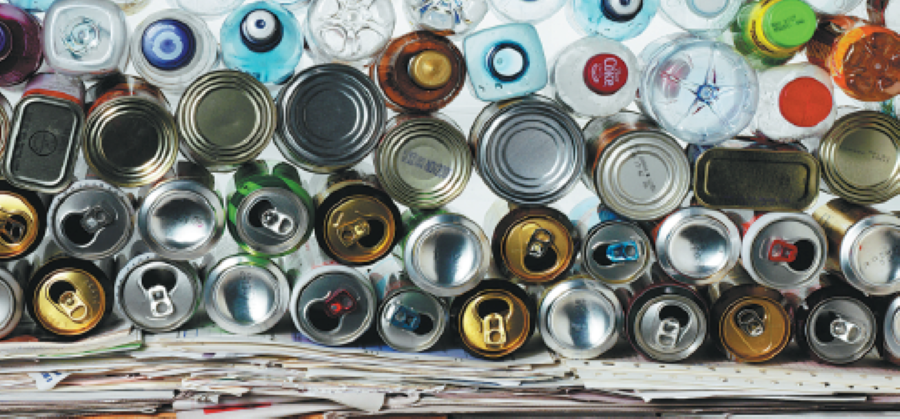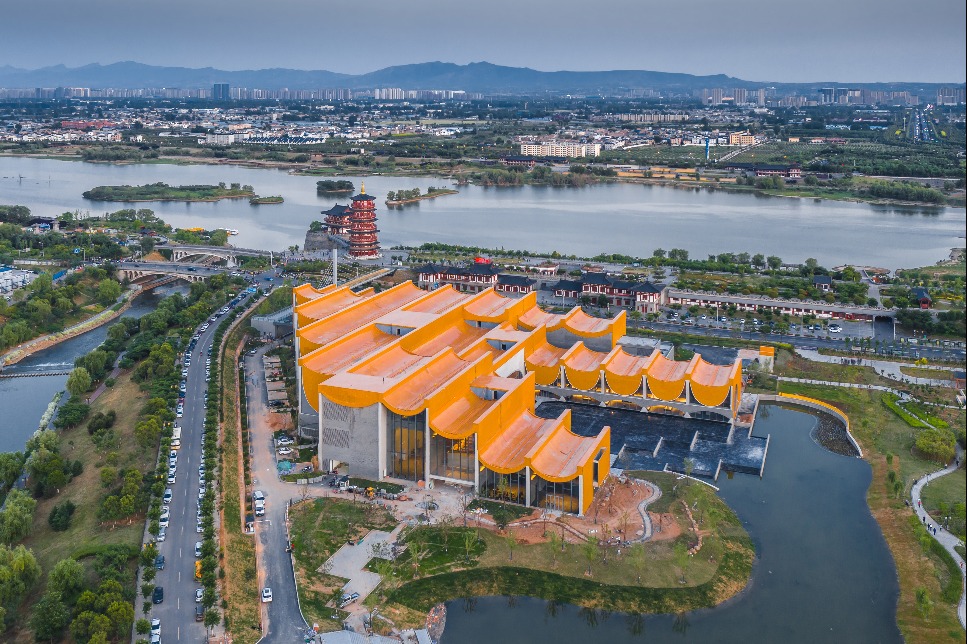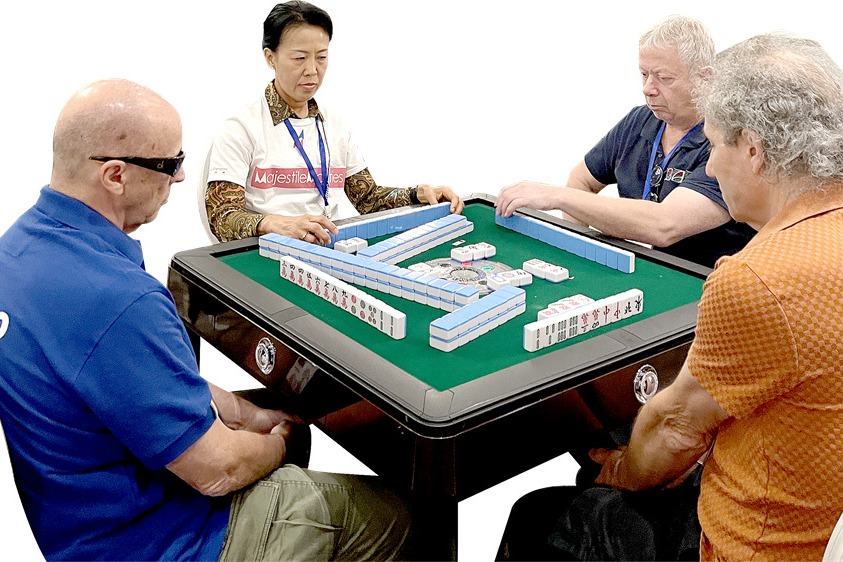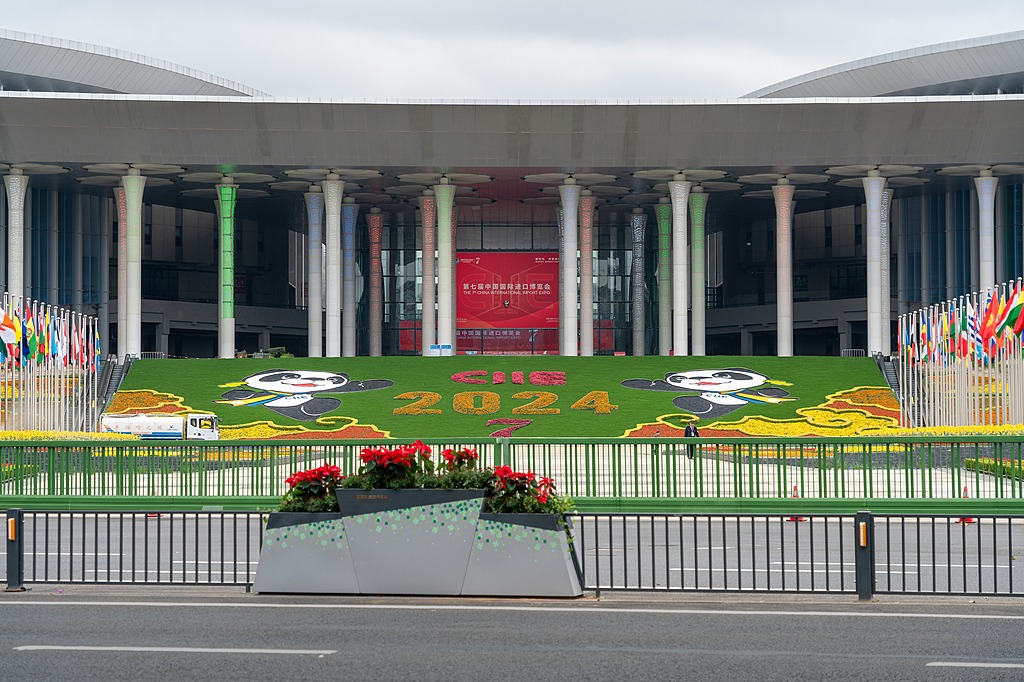Fight food waste, save people, planet
By BO LEUNG in London | CHINA DAILY | Updated: 2020-10-06 07:34

Environmental impact
The environmental impact of food wastage is also a big problem and addressing food waste is one of the keys to flighting climate change, experts said.
According to Friends of the Earth, about one-third of all food produced for human consumption is wasted, which leads to a waste of natural resources such as fresh water, land and labor.
"Food production in itself impacts the environment in so many ways, including decreasing biodiversity and using up vital resources, such as water," Vadukul said. "Food that is then wasted and ends up in landfills further adds to this as it releases greenhouse gases such as methane and carbon dioxide as it decomposes. Greenhouse gases are responsible for global warming and climate change."
Sharon George, a senior lecturer in environmental sustainability and green technology at Keele University and a researcher at the college's Institute for Sustainable Futures, said: "Food is expensive to produce in terms of money and resources. Many people do not realize that the amounts of carbon, fertilizers and water that are used in producing our food are not sustainable. It is so easy to go to a supermarket and buy whatever we want whenever we want it and the impact behind food production is hidden from us, so it is not surprising that many of us do not see the value in our food and waste too much."
She said food waste could be avoided with more awareness and planning to prevent wastage in supply chains and homes.
"Our food waste could be dealt with better, for example, through anaerobic digestion to produce energy and to recover valuable nutrients that would otherwise be lost, but this is still a concept many people are not aware of," she said.
Anaerobic digestion is a way of reprocessing food. After about a month, the process turns food waste into methane gas, which can be used to run a car engine or produce electricity.
"Reducing food waste requires a multifaceted approach, involving individuals, manufacturing, farming and governments to engage in waste avoidance before considering waste management of food," Vadukul said.
"Waste avoidance includes reducing the amount of food produced in the first place, followed by feeding people in need and converting anything else into animal feed. At Plan Zheroes, we introduce businesses who have surplus food to charities for good causes that can make use of it in the services they provide. Registering on our online platform means that a business with surplus food can upload details of a donation in less than a minute, and all nearby charities will be alerted."
Redirecting supplies
Last year, Plan Zheroes helped to redirect more than 70 tons of surplus food from landfills, providing front line charities with the equivalent of 121,000 meals. By doing this, the charity also prevented 273 tons of carbon dioxide equivalent emissions.
"We know that there isn't one single correct approach, though, and it takes lots of people trying in some way to make a big difference overall. This can start at home, for example, by planning meals so unused ingredients don't go waste. Or it could start from your place of work, which is where Plan Zheroes can help," Vadukul said.
She said it's great to see better education through the food system to address certain misconceptions. She is also pleased that supermarkets are selling wonky and misshapen vegetables.
Meanwhile, the UK's largest supermarket Tesco has teamed up with OLIO, a food-sharing app and social enterprise, in a program to prevent surplus food from going to waste and help those in need to obtain food.
This partnership introduced a six-month trial earlier this year at 250 Tesco stores with the largest amounts of surplus food. The trial resulted in nearly 195,000 portions of food being saved and some 4,200 people being fed. The supermarket said that was the equivalent of saving 93,000 meals.
OLIO has more than 8,000 "Food Waste Heroes" volunteers who will visit the stores to collect surplus food nearing its expiration date. The items are taken to the volunteers' homes and immediately uploaded onto the OLIO app, ready to be distributed free to community groups and people living nearby.
Anyone downloading the app will be able to see food items in their area that are nearing their expiration date and are available for collection via noncontact pickup.
Claire De Silva, Tesco's head of communities, said: "Right now, we want to make sure that any surplus food is being managed, and people who need it have access to it. The results of our initial trial were very positive and have allowed us to further roll out the partnership in our commitment to make sure no good food goes to waste."
Meanwhile, groups such as WRAP continue to campaign against food waste. Its "Love Food Hate Waste" campaign hopes to motivate people to maintain the approach toward food they picked up during the lockdown.
The campaign will champion simple, quick actions to prove that a busy lifestyle can still leave time for essential waste-reducing behaviors and highlight the effects that food management can have in relation to the environment.
Helen White, special adviser for household food and drink at WRAP, said: "Wasting less food doesn't have to be complicated or time-consuming. A quarter of the people we surveyed didn't think they had time to actively waste less food, but it can be as simple as leaving the skin on (potatoes) when you make mash or freezing more food before it passes the 'use by' date."
























